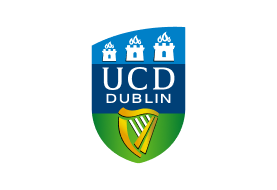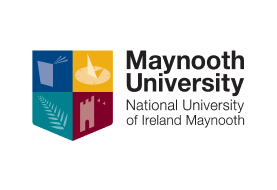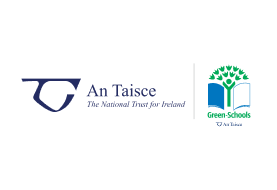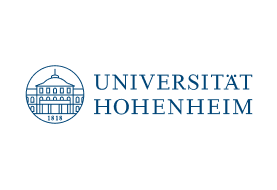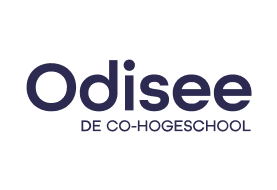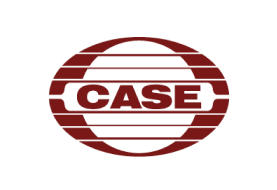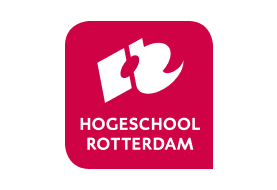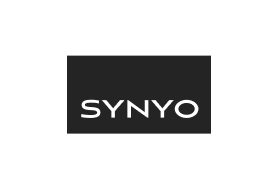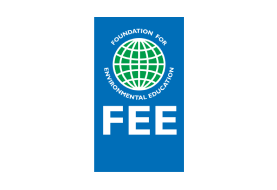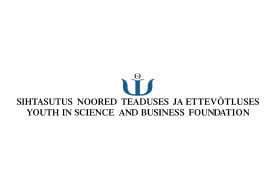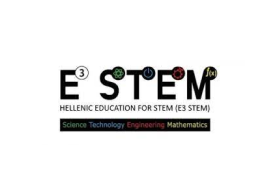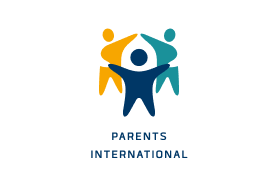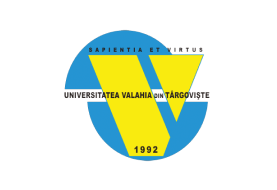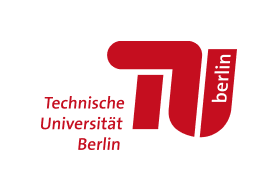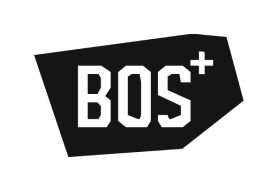Background
BioBeo introduces new thinking and approaches in education on the circular bioeconomy across Europe. While strategically overcoming the institutional and cultural barriers to implementing relevant circular bioeconomy education programs in preschool, primary, and secondary schools, we are defining and delivering novel curricula in schools. Our aim is to enhance young people’s and citizens‘ involvement in policy-making for bioeconomy.
The Project
BioBeo is a two and a half-year project with 15 partners with the aim to develop and deploy an education programme to enhance engagement across society regarding lifestyle, circularity and bioeconomy, using 5 bioeconomy themes:
– Interconnectedness
– Outdoor Learning
– Forestry
– Life Below Water
– The Food Loop
Partners are committed to promoting the bioeconomy concept and will co-create and co-deliver the programme. BioBeo will provide better coordination between bio-science and education in schools by developing the Circular Economy Science-Society message with a particular focus on circular lifestyle and behaviours, and a governance framework on society-wide engagement in bioeconomy policy. BioBeo addresses social issues such as gender bias, disadvantaged youth groups, migrants and members of society with additional needs.
Background
BioBeo introduces new thinking and approaches in education on the circular economy across Europe. While strategically overcoming the institutional and cultural barriers to implementing relevant circular bioeconomy education programs in preschool, primary, and secondary schools, we are defining and delivering novel curricula in schools. Our aim is to enhance young people’s and citizens‘ involvement in policy-making for bioeconomy.
The Project
BioBeo is a 2-year project with 15 partners with the aim to develop and deploy an education programme to enhance engagement across society regarding lifestyle, circularity and bioeconomy, using 5 bioeconomy themes:
– Interconnectedness
– Outdoor Learning
– Forestry
– Life Below Water
– The Food Loop
Partners are committed to promoting the bioeconomy concept and will co-create and co-deliver the programme. BioBeo will provide better coordination between bio-science and education in schools by developing the Circular Economy Science-Society message with a particular focus on circular lifestyle and behaviours, and a governance framework on society-wide engagement in bioeconomy policy. BioBeo addresses social issues such as gender bias, disadvantaged youth groups, migrants and members of society with additional needs.
Introduce new approaches to enhance how governance of education in the circular bioeconomy is tackled and delivered by the education systems across Europe.
Implement the concept of a bioeconomy via the BioBeo education programme through the 5 BioBeo themes to a cohort of 35 schools i.e. 1,000 students, 500 parents, and 100 teachers
Provide a basis for piloting the BioBeo education programme and resources in preschools, primary and secondary level schools and also in teacher education modules in university courses and to conduct an ongoing evaluation.
Enhance learner outcomes and experiences on the bioeconomy by developing a suite of digital toolkits such as videos, games, and a series featuring bioeconomy children’s character Bio and her friends, social media, prize competitions, etc.
Develop the BioBeo Interconnectedness Programme with primary, secondary and university students which will disseminate bioeconomy resources across consortium and will culminate in the Interconnectedness Award.
Demonstrate a measured increase in the engagement of young people and their intention to pursue education and careers in life science, technology and bioeconomy.
Integrate the BioBeo education programme into university curricula in Ireland, Netherlands, Germany, Belgium and Greece.
Coordinate communication and dissemination by optimising the reach and visibility to children of all ages, student teachers, teachers, policy makers and parents including utilising the World Economic Forum G100 Global STEM network with dissemination to 100 additional countries for potential future uptake.
Project name: Innovative education for the bioeconomy
Project acronym: BioBeo
Project starting date: November 2022
Project end date: April 2025
Project duration: 30 months
Call: HORIZON-CL6-2021-GOVERNANCE-01
Topic: HORIZON-CL6-2021-GOVERNANCE-01-11

Management
We put a comprehensive structure in place to facilitate the implementation of effective and efficient management. It will be ensured, that all objectives are delivered with high-quality outputs to specification, on time, and on budget. Specific coordinators are also appointed for gender action, data management, risk management and IPR issues.

Innovative Governance
We see education as a key driver of policy by identifying the existing barriers and providing guidance and a structure for the delivery of an education system that ensures a society-wide bioeconomy governance system. Therefore, we will develop a blueprint and digital handbook detailing pathways to enhance societal involvement in setting bioeconomy policy and engagement at EC, Regional, National, Local and Community levels.

Bioeconomy Education Programme
We will focus on school actions (preschool, primary, secondary), concentrating on the co-creation of curricula involving pupils, teachers, students, and school communities in developing and piloting innovative educational material on the five BioBeo themes. We will also look beyond the learning experience to promote amongst school children the prospects of a future career in the bioeconomy.

Dissemination, Exploitation and Communication
We will address intense dissemination of results through customised activities with monitoring and ongoing evaluation to provide consistency and quality. We will also create stimulating materials (awareness sheets, newsletters, info sheets) with a strong digital and youth education-orientated focus. The website and all dissemination materials will be developed in gender and diversity-friendly manner. There will be participation in external events to present outcomes and to gain feedback.
Deliverables

